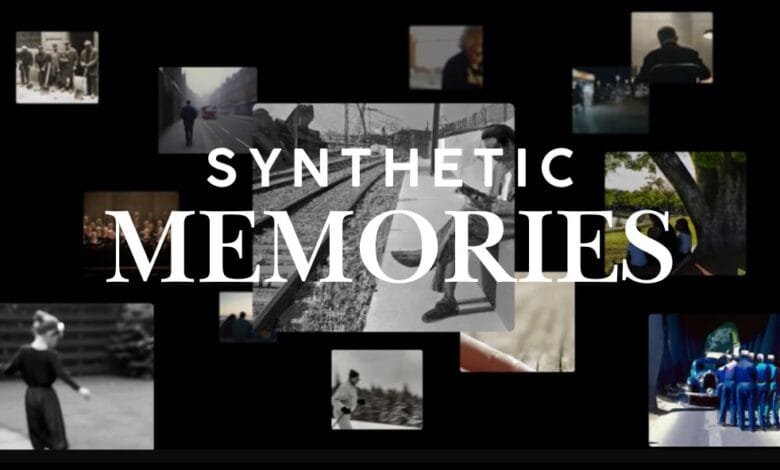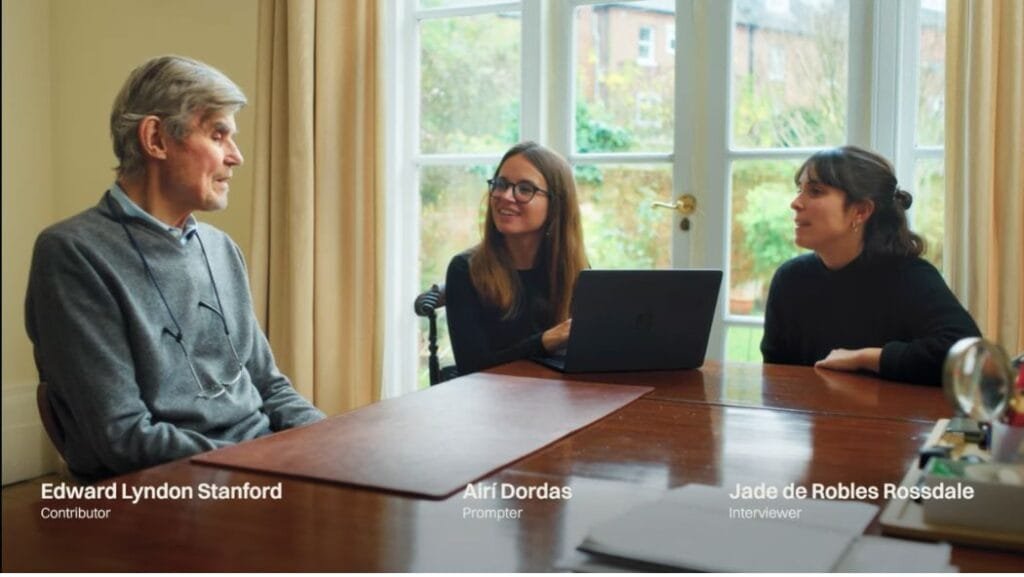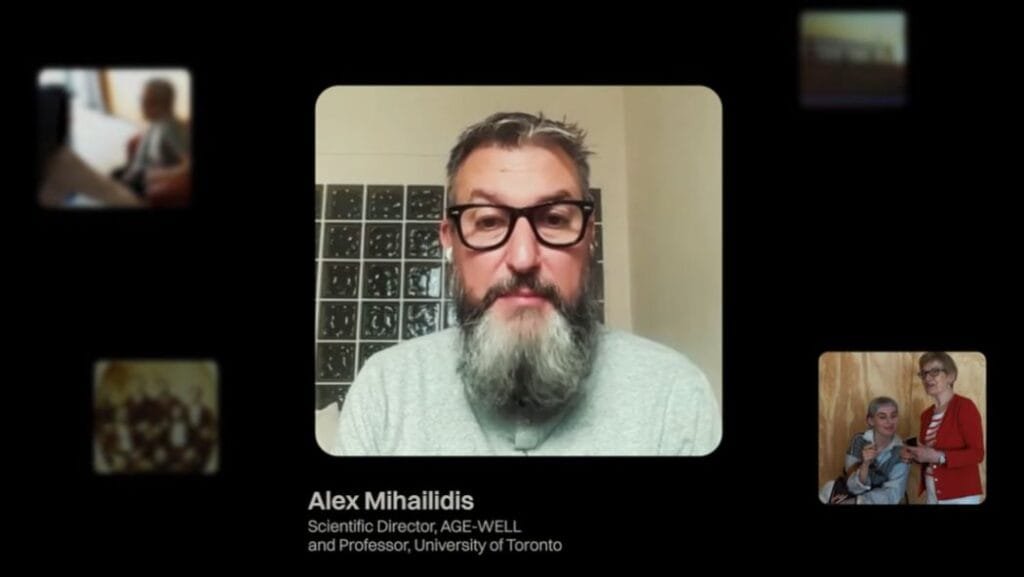Can AI Help Recover Lost Memories?

▼ Summary
– The “Synthetic Memories” project uses generative AI to help individuals with memory loss reconstruct and reconnect with their personal histories through visual representations.
– The initiative is led by Domestic Data Streamers in collaboration with Google Arts & Culture, Google DeepMind, AGE-WELL, and the University of Toronto, combining art, technology, and community well-being.
– The process involves guided conversations to gather fragmented recollections, which are then translated into text prompts for AI to generate images or videos, sparking further recollection and refinement.
– The project integrates reminiscence therapy principles, showing that AI-generated visuals can positively impact cognition, memory recall, mood, and emotional well-being.
– The goal is to use AI constructively to dignify and recover lost parts of personal histories, enhancing participants’ connection to their life stories and sense of identity.
Memory is deeply intertwined with our sense of self. But what happens when those connections fray, particularly for individuals facing conditions like Alzheimer’s disease? A unique project called “Synthetic Memories” is exploring how generative artificial intelligence might serve as a tool not to replace memory, but to help reconstruct and reconnect with lost personal histories.
The initiative, spearheaded by the research and design studio Domestic Data Streamers in collaboration with Google Arts & Culture, Google DeepMind, AGE-WELL, and the University of Toronto, sits at an intriguing intersection of art, technology, and community well-being. It focuses on working with individuals, like Edward Lyndon Stanford, who has Alzheimer’s, to translate their fragmented recollections into visual representations.

From Conversation to Generated Image
As researcher Pau Aleikum describes, synthetic memory involves reconstructing a personal story or memory into an image or video using generative AI. The process is intentionally human-centric, starting not with code, but with conversation.
An interviewer, like Jade de Robles Rossdale from the project team, gently guides the participant through recollections, asking about specific periods or events – earliest memories, hobbies, significant moments like skiing trips. As details emerge, even fragmented ones, a “prompter” (Airi Dordas in the video) translates these verbal descriptions into text prompts fed into AI image and video generation models (the video shows Google’s AI, likely including tools like ImageFX).
The resulting “synthetic memory” – perhaps a slightly blurry, vintage-style photo of a young man skiing in the 1970s, or two friends hitchhiking in rural Spain – is then presented back to the participant. This often sparks further recollection, refinement, or even correction. Edward, viewing a generated image of himself skiing, notes, “I never wore a helmet,” prompting the team to adjust the visual prompt for a more accurate reconstruction. Later, seeing images of hitchhikers, he confirms, “Yes, probably more like that… with a rucksack, yes.” This iterative loop between human memory, AI generation, and human feedback is central to the process.
A Tool for Connection and Therapy
Beyond simply creating images, the project taps into the established principles of reminiscence therapy. Professor Alex Mihailidis from the University of Toronto explains that this therapeutic technique, used for decades with older adults experiencing cognitive decline, encourages individuals to share their life stories. Research shows this process can positively impact cognition, memory recall, mood, and emotional well-being.
The AI-generated visuals in the Synthetic Memories project serve as powerful, personalized prompts within this therapeutic framework. They offer tangible starting points for discussion and recollection, potentially unlocking details that might otherwise remain inaccessible. As Eda Aksoy from Google Arts & Culture notes, they are exploring how art and creativity, enhanced by technology, can contribute to health and well-being.
Beyond Dystopia and Naivety
The project aims to navigate a path between common narratives surrounding AI – either as a purely dystopian threat or a naively hailed solution for everything. Pau Aleikum emphasizes the goal is to find ways for the technology to “bring value and help people,” engaging with it critically but constructively.
Memory loss, as Aleikum poignantly states, means losing “a bit of ourselves.” The Synthetic Memories project isn’t about fabricating false histories but about using technology to “dignify and recover parts of the past that have been lost.” It provides a visual anchor, sparking conversation and potentially strengthening the participant’s connection to their own life story and sense of identity.

Shlomi Fruchter, a Research Lead at Google DeepMind, echoes this focus on beneficial application. He sees the project as an “incredible example” of how AI models can be used in unexpected ways to improve lives, highlighting that the tools give creators and participants control over the output, allowing them to shape the reconstruction of their own experiences.
Visualizing the Past, Connecting the Present
Synthetic Memories demonstrates a thoughtful application of generative AI, moving beyond novelty to address a profound human need. By transforming verbal recollections into visual prompts, the project facilitates a unique form of dialogue with the past. The generated images, imperfect yet evocative, become catalysts – sparking joy, detailed corrections, and moments of clear recognition, as seen in Edward’s reactions.
While not a cure for memory loss, this blend of human conversation, AI generation, and therapeutic practice offers a compelling glimpse into how technology can be harnessed to help individuals reconnect with their histories, reinforce their sense of self, and share their stories in a new visual language.